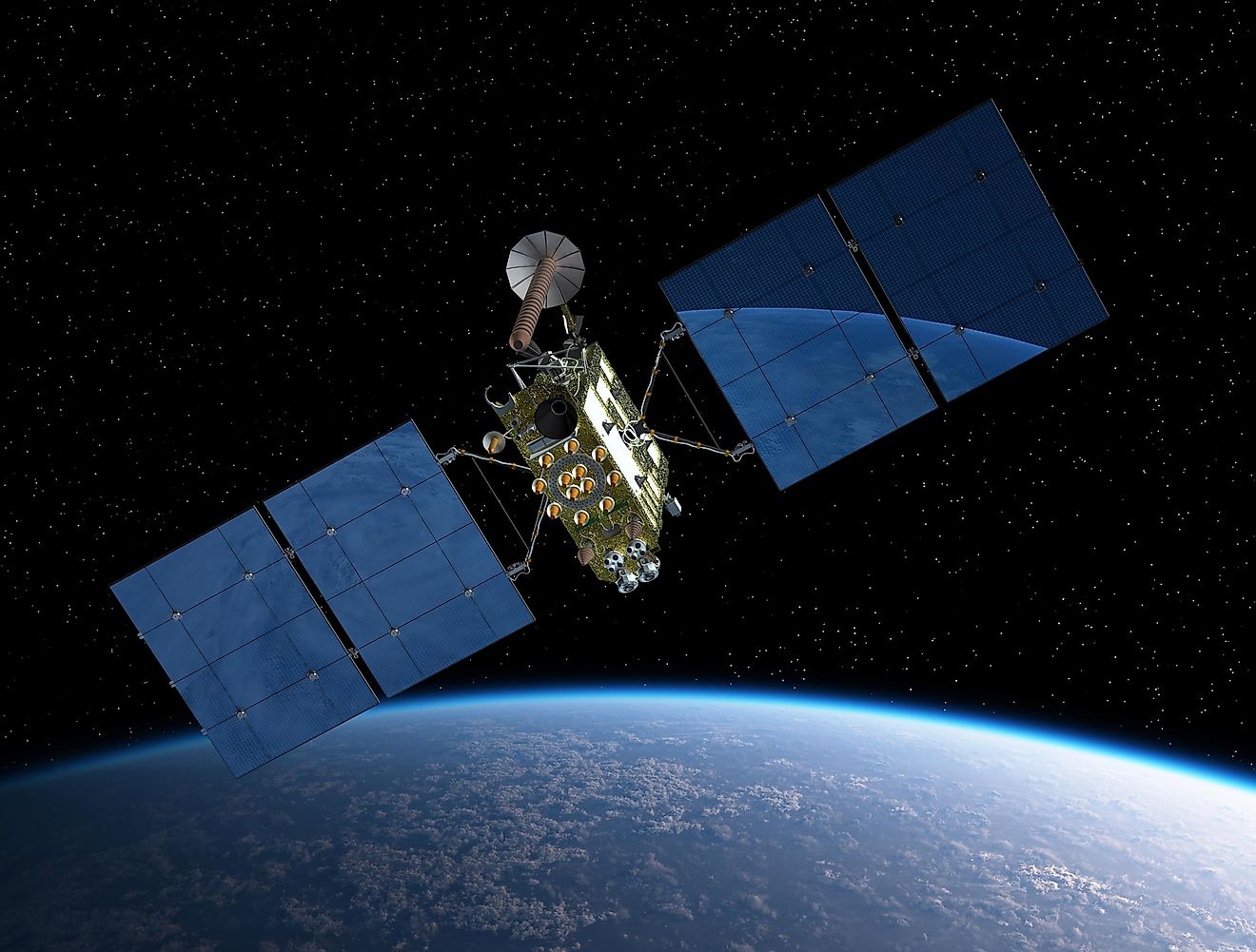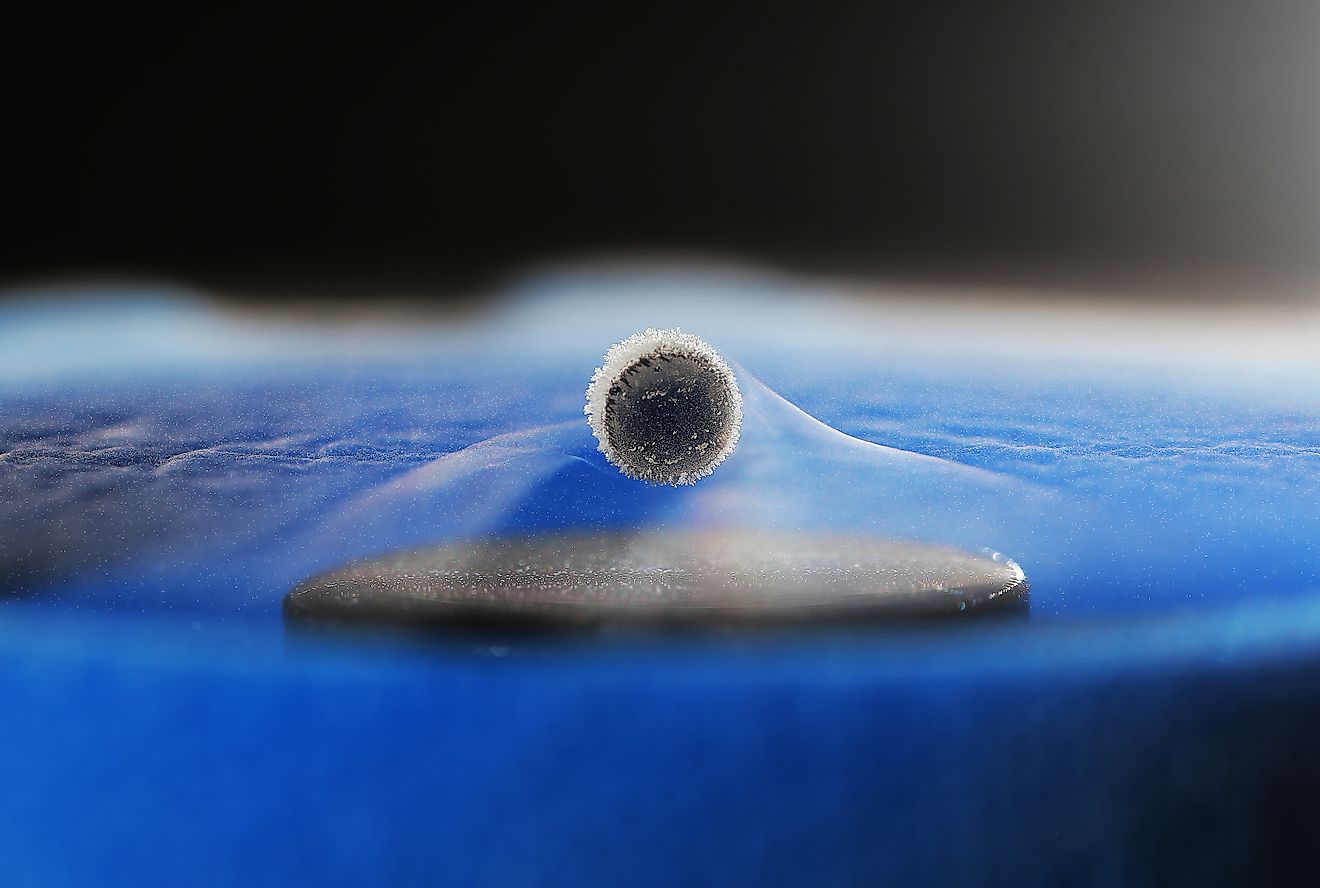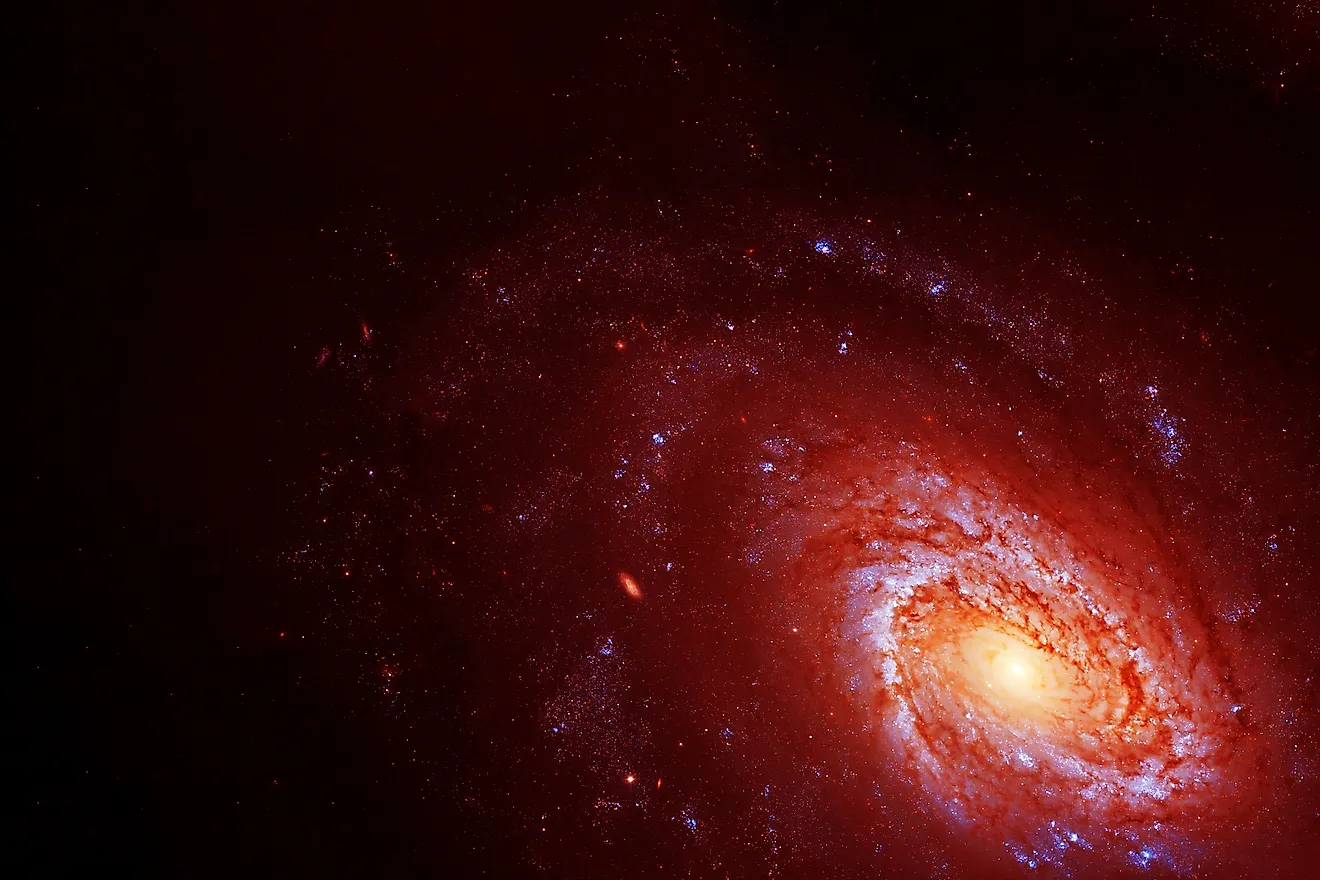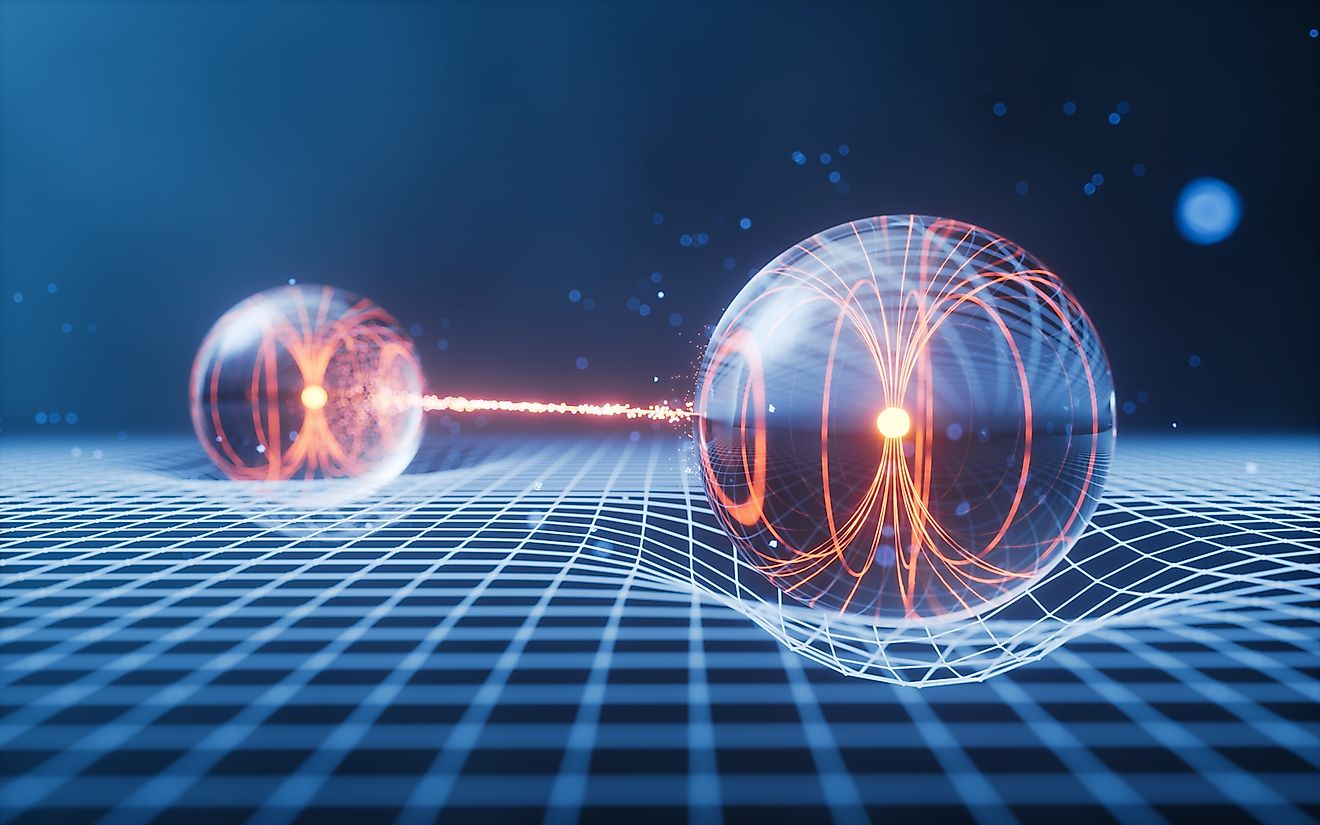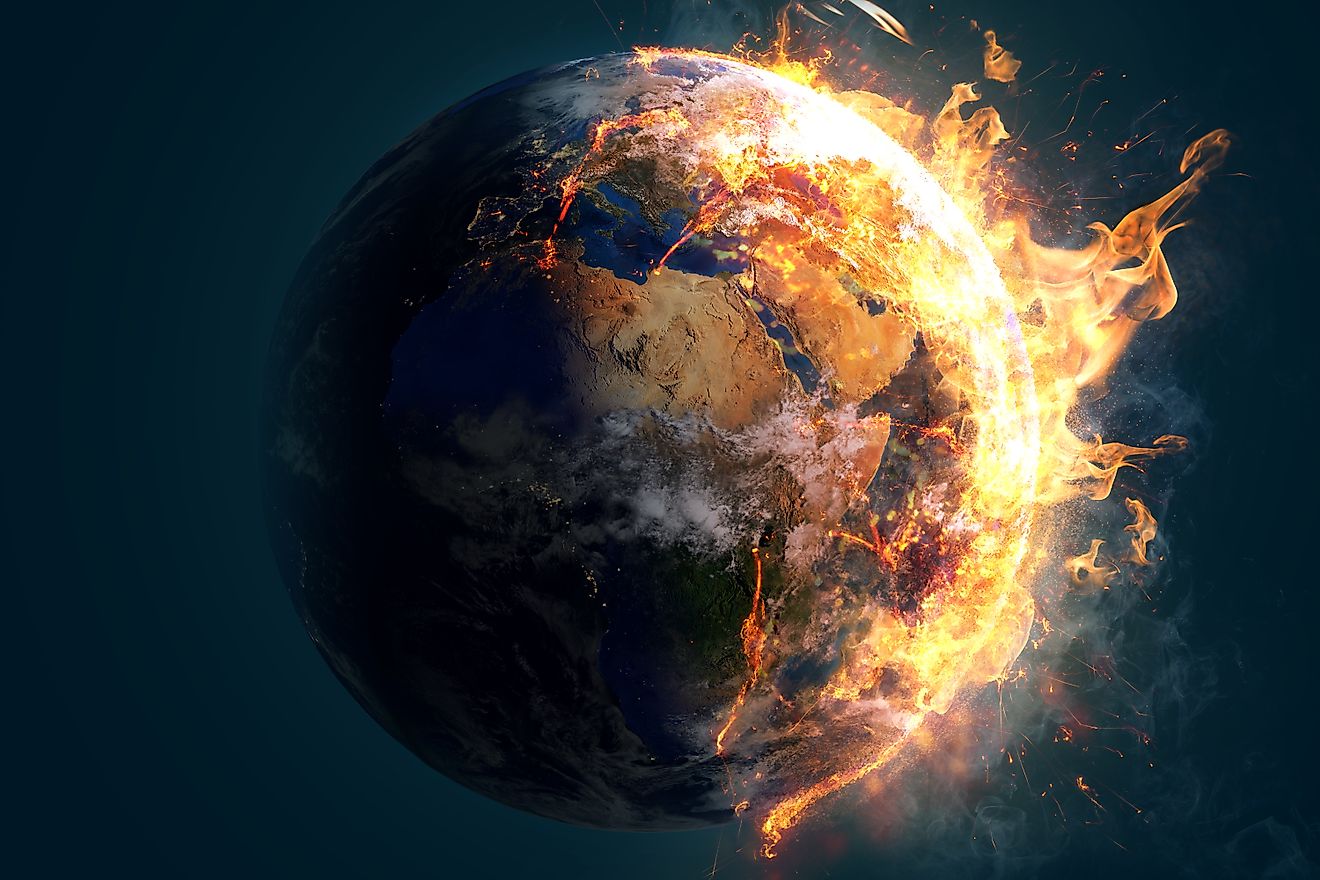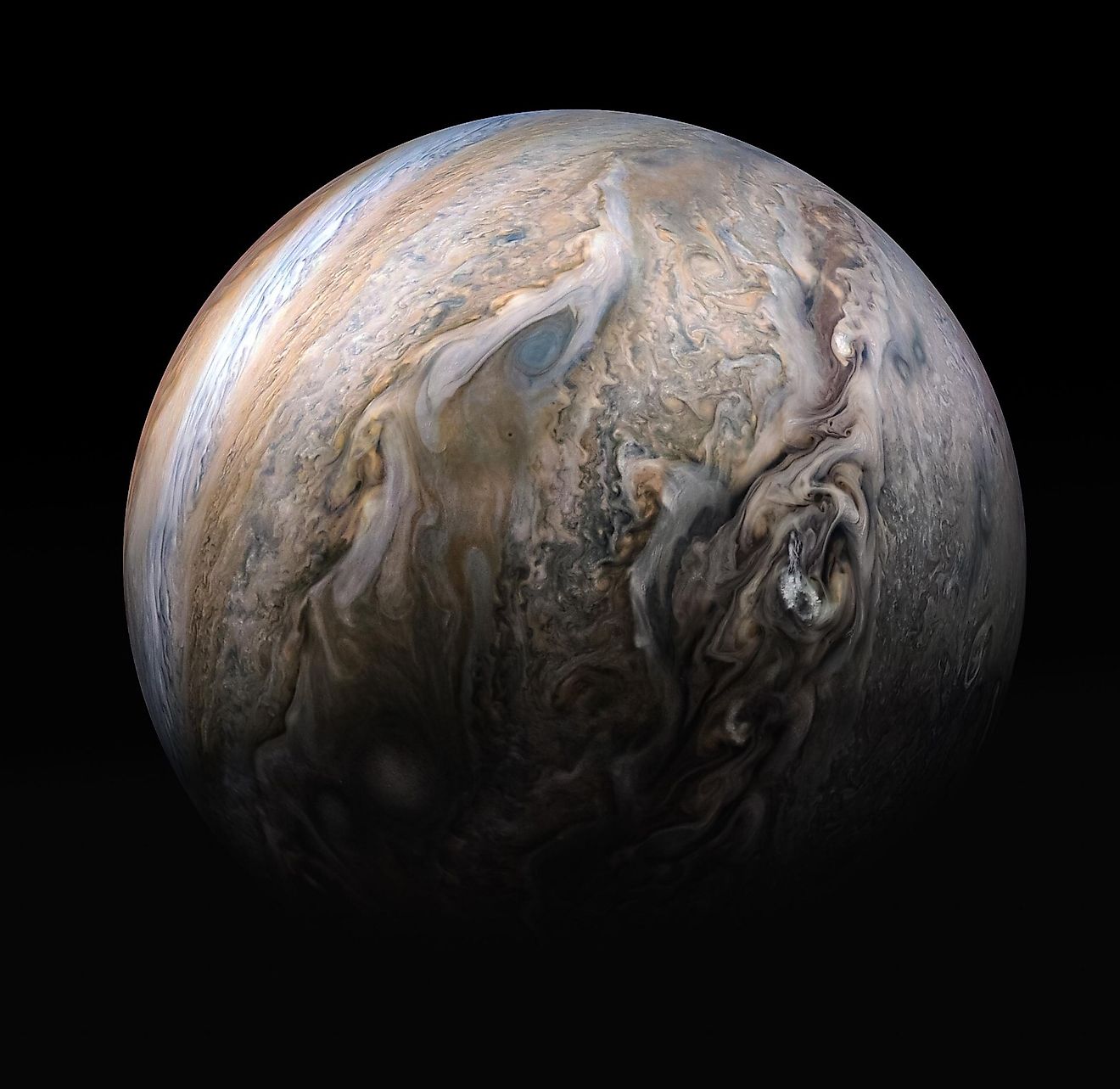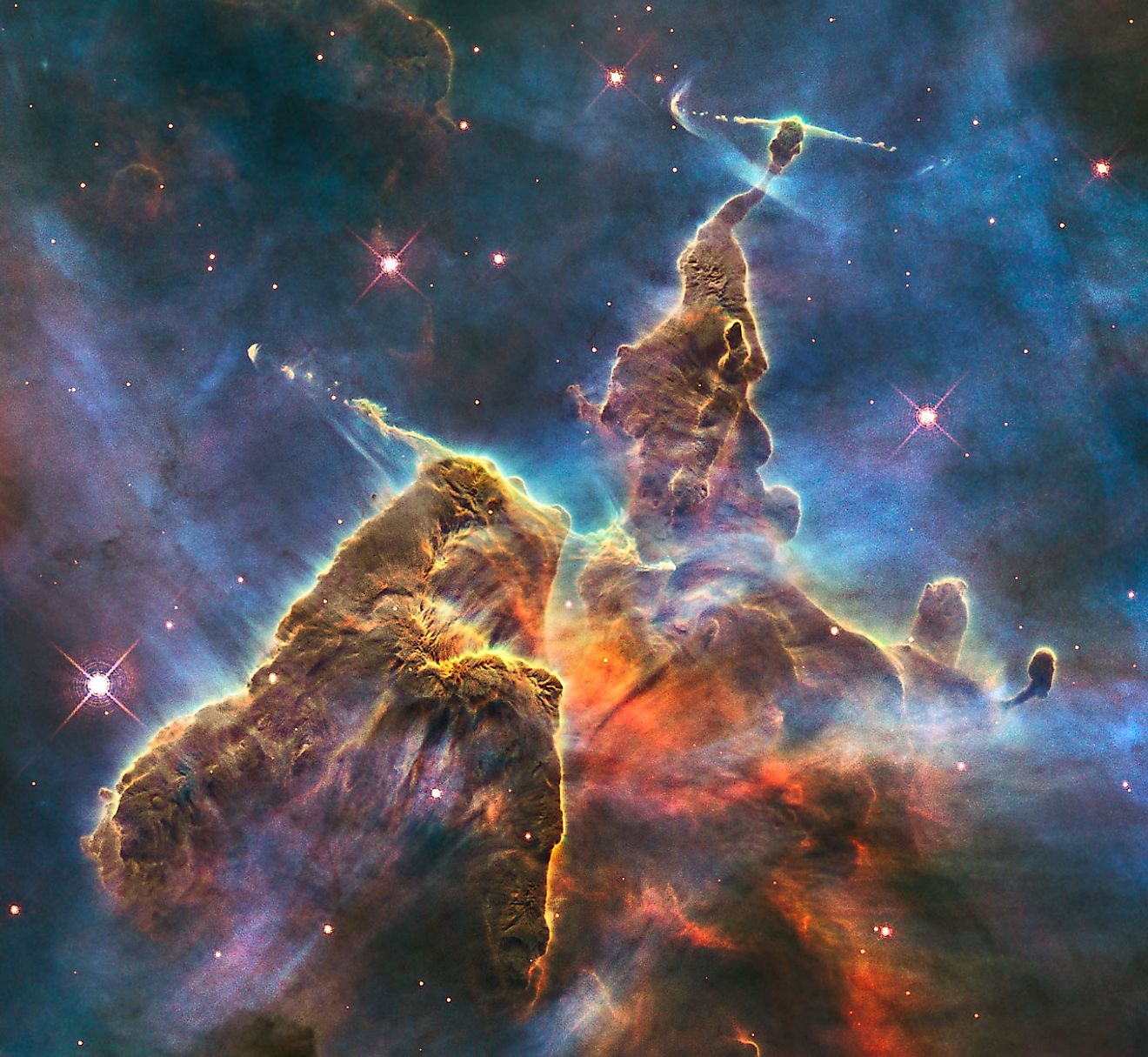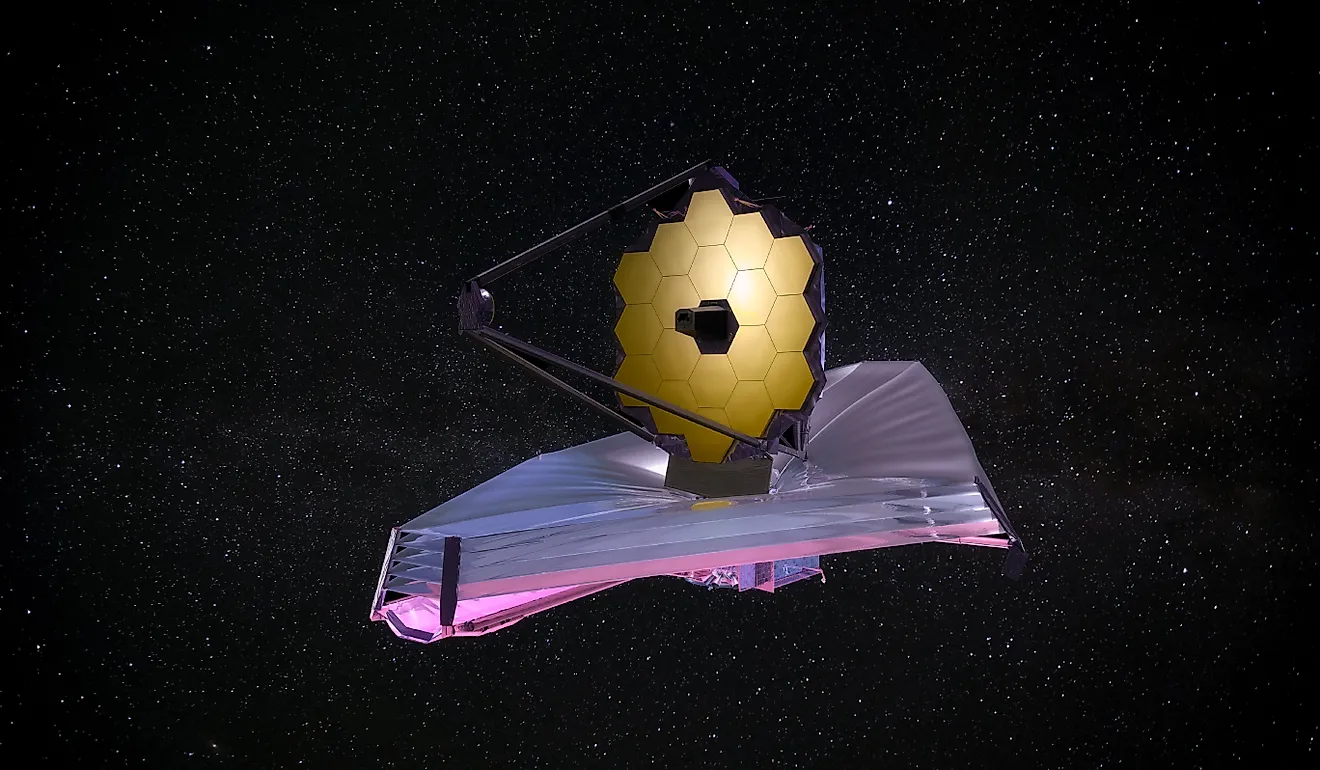
Five Space Pictures To Celebrate Halloween
The universe can be both beautiful and terrifying. There are a number of images captured by telescopes that make it look as though the universe itself celebrates halloween.
The Ghost Nebula

Located near the star cluster NGC 7023 some 1,300 light years away, the Ghost Nebula is one of the most eerie objects in space. The nebula itself is only about two light years across, and the left side of the nebula appears to contain a ghostly humanoid figure, hence the name of the nebula. The Ghost Nebula is currently showing signs of the early stages of star formation.
The Witch Head Nebula

The Witch Head Nebula is one of the strangest looking nebulae in our galaxy, and its name is well-deserved. Located in the constellation Orion near the star Rigel, one of the brightest stars in the night sky. Rigel is a blue supergiant star, its light being reflected off the Witch Head Nebula and making the entire structure appear blue. The entire nebula is 70 light years across.
Jack-O-Lantern Sun

The sun is one of the most powerful, beautiful objects in our solar system, yet up-close, it can also be quite terrifying. In 2014, the Solar Dynamics Observatory captured a stunning image of active regions on the sun, making it look like a gigantic jack-o-lantern.
NGC 1999

In 1999, the Hubble Space Telescope captured a stunning image of a reflection nebula within the constellation Orion. Designated as NGC 1999, the nebula is illuminated by the light of nearby stars, reflecting their light into space. The dark region of the nebula is a collection of densely packed interstellar gas, blocking out starlight and making the nebula appear rather eerie.
Gas Cloud in the Pleiades

The Pleiades is one of the closest star-clusters to our solar system, and it is one of the only star clusters that is visible to the naked eye. The cluster itself is home to a number of young, high mass blue stars that emit vast amounts of high energy radiation. This radiation has a significant effect on nearby gas clouds, accelerating particles to extreme velocities and causing their gradual destruction. This image shows a rather spooky looking section of the Pleiades.
